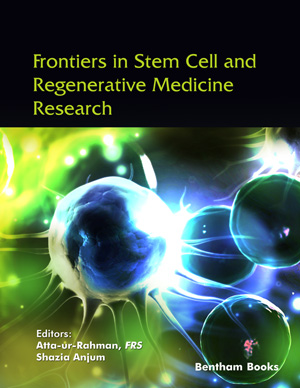Abstract
Osteoarthritis (OA) is the most common degenerative joint disorder worldwide. OA represents an increasing threat to the quality of life of affected persons as well as for health resources expenditure. The incapability of cartilage to heal has been long time regarded as the major cause of progressive joint degeneration and functional impairment. Recent reports about the presence of progenitor cell populations within adult normal and OA cartilage invite to a reconsideration of the mechanisms involved in the onset and propagation of the disease as well as of the causes that are preventing the endogenous progenitors to recompose a functional extracellular matrix. The interplay between chronic joint inflammation, tissue functional and pathological load and the mechanosensitivity of progenitor cell populations are not yet fully understood. Elucidation of these complex correlations at molecular level could lead to identification of biomarkers for early detection, finding targets for the causal treatment of OA. The use of local progenitor populations in various cartilage regeneration strategies proves to be a fruitful avenue for research and clinical applications.
Keywords: Biomarkers, mechanosensitivity, osteoarthritis, progenitors, regenerative medicine.













